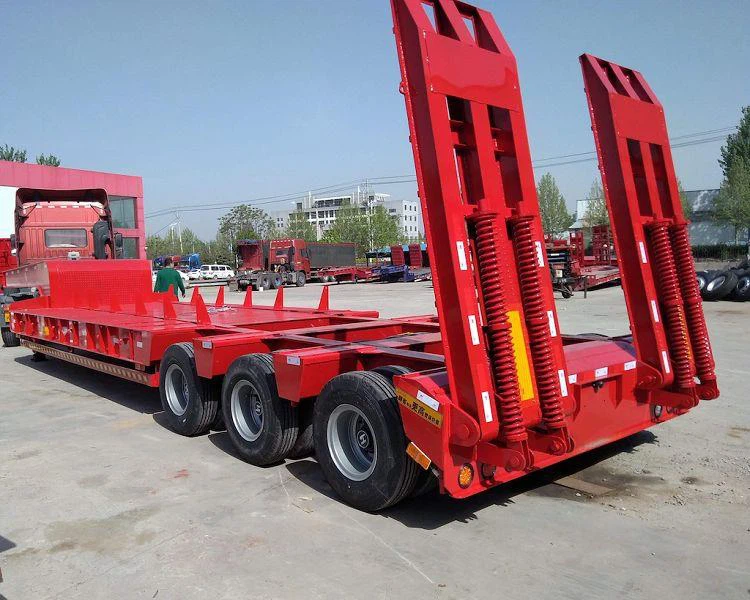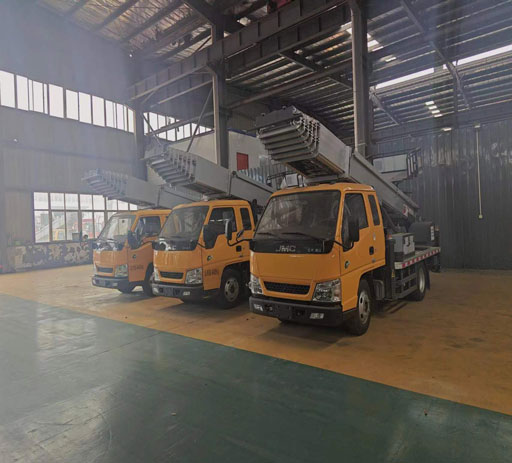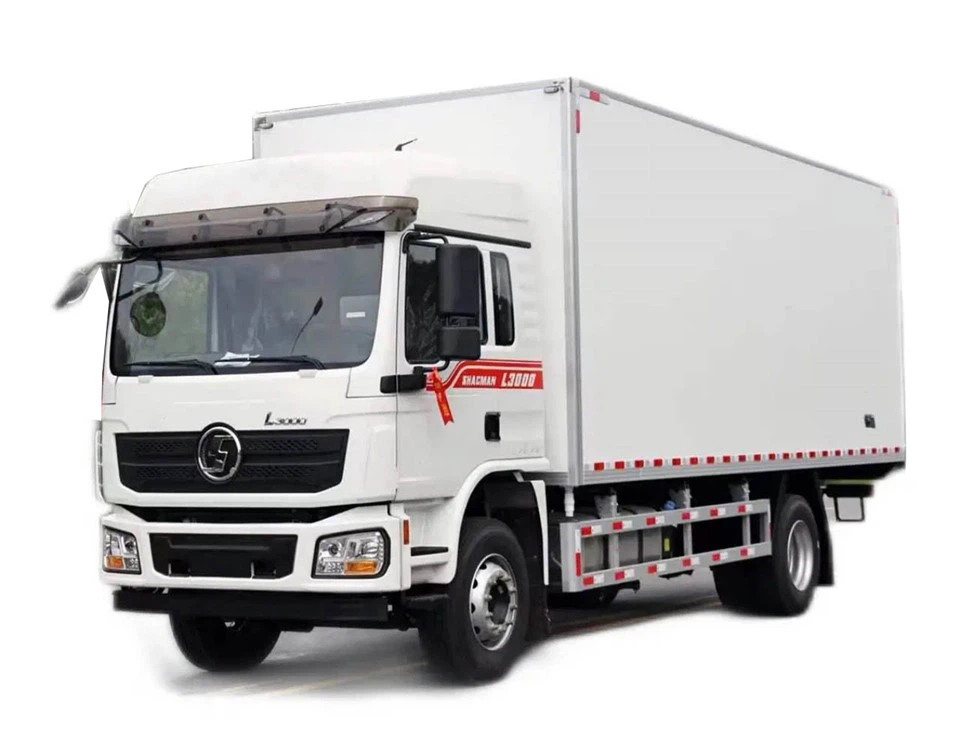Roll Off Trucks: The Complete Guide to Understanding and Utilizing This Essential Waste Management Solution

Roll off trucks play a crucial role in waste management and transportation, providing efficiency and flexibility for both residential and commercial needs. From construction debris to household cleanouts, roll off trucks offer the convenience of easy loading and transporting large volumes of materials. In this article, we will discuss the operation, types, benefits, maintenance tips, and considerations to maximize the use of roll off trucks.
What are Roll Off Trucks?
Roll off trucks are specialized vehicles designed to transport large containers, commonly known as roll off dumpsters. These trucks feature a hydraulic system that allows the dumpster to be rolled off the back of the truck, making the loading and unloading process straightforward and efficient.
How Roll Off Trucks Work
Roll off trucks operate through a simple mechanism that involves the following steps:
- The truck backs up to the designated area where the dumpster is to be dropped.
- The hydraulic system is activated to lower the rear end, allowing the dumpster to slide off.
- Once the dumpster is positioned, the truck pulls away, freeing up the area for loading.
Types of Roll Off Trucks
Understanding the different types of roll off trucks is vital for selecting the right one for specific needs. Here are the most common types:
Standard Roll Off Trucks
Standard roll off trucks are the most widely used and are capable of hauling various sizes of dumpsters, typically ranging from 10 to 40 yards.
Extended Cab Roll Off Trucks
These trucks have a longer chassis and can accommodate larger dumpster sizes while providing additional space for drivers and workers. They are ideal for larger commercial projects.
Low-Profile Roll Off Trucks
These are designed for specific applications where height restrictions may be a concern. They have a lower center of gravity, making them easier to load and more stable.
Benefits of Using Roll Off Trucks
Roll off trucks offer several advantages that make them a preferred choice for waste management and hauling operations.
Efficiency in Waste Removal
One of the primary benefits of roll off trucks is their ability to facilitate quick and efficient waste removal. With varying container sizes, they can accommodate different waste volumes, enabling businesses and homeowners to clear spaces rapidly.
Versatility

Roll off trucks can transport a wide range of materials, including:
- Construction debris (wood, metal, concrete)
- Household waste during renovations
- Landscaping material
- Commercial waste from businesses
Cost-Effectiveness
When compared to traditional waste removal methods, roll off trucks can reduce costs significantly. Bulk handling of materials prevents multiple trips and minimizes labor costs.
Choosing the Right Roll Off Truck for Your Needs
Selecting the right roll off truck involves several factors to ensure it meets your specific requirements:
Capacity
Consider the volume of waste you anticipate. For example, a small home renovation project may only require a 10-yard dumpster, while large construction sites could utilize 30 or 40-yard containers.
Type of Waste

Different jobs may produce different types of waste. Ensure the truck selected is capable of handling the materials you plan to transport, whether they are heavy, light, or hazardous.
Rental vs. Purchase
Deciding whether to rent or purchase a roll off truck largely depends on the frequency of use. For occasional use, renting may be more economical. In contrast, businesses that frequently require waste removal may benefit from purchasing their own truck.
Practical Examples of Roll Off Truck Use
Roll off trucks can be utilized in various scenarios, enhancing efficiency and service delivery.
Construction Sites
Contractors regularly engage roll off trucks for transporting debris, providing a convenient method for managing materials during building projects.

Home Renovations
When homeowners remodel kitchens or bathrooms, roll off containers simplify the disposal process, accommodating old fixtures and construction waste.
Landscaping
For large landscaping projects, roll off trucks help manage soil, plants, and other materials without the hassle of multiple trips to disposal sites.
Maintenance Tips for Roll Off Trucks
Routine Inspections
Conducting routine inspections can identify potential issues before they escalate. Check hydraulic systems, brakes, and tires regularly.
Regular Cleaning
Cleaning the truck and containers after each use prevents build-up that could lead to deterioration and helps maintain a professional appearance.
Service Schedules
Establish a service schedule with a qualified technician to ensure all vital components are functioning correctly and to enhance the truck’s longevity.
Environmental Considerations of Roll Off Trucks
Using roll off trucks can also support environmental efforts through proper waste management techniques.
Recycling Initiatives
Many waste management companies that utilize roll off trucks focus on recycling materials. By separating recyclables during disposal, they help divert waste from landfills.
Hazardous Waste Disposal
Dedicated roll off trucks can manage hazardous materials safely, ensuring compliance with environmental regulations and reducing the risk of contamination.
Frequently Asked Questions (FAQ)
1. What size of roll off container should I rent?
The size depends on the volume and type of waste you need to dispose of. Typical sizes range from 10 to 40 yards.
2. How long can I keep a roll off dumpster?
Most rental agreements allow for 7 to 14 days. However, this may vary based on the provider’s policies.
3. Can I dispose of hazardous materials in a roll off dumpster?
No, hazardous materials require special handling and cannot be disposed of in standard roll off dumpsters. Contact your waste management provider for guidance.
4. Are roll off trucks environmentally friendly?
Yes, when used properly, roll off trucks can enhance waste management practices and support recycling initiatives, leading to reduced environmental impact.
5. Can I load a roll off dumpster with heavy construction debris?
Yes, but ensure it does not exceed the weight limit outlined by your rental provider. Overloading can pose safety risks and result in fines.
6. What happens to my waste after it is picked up?
Once collected, the waste is transported to a disposal site or recycling facility as per local regulations.
